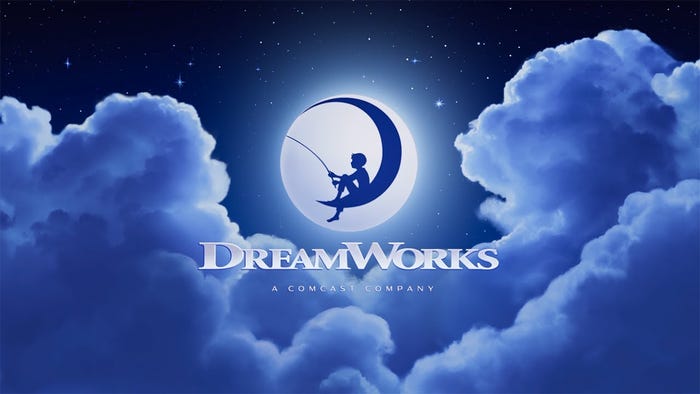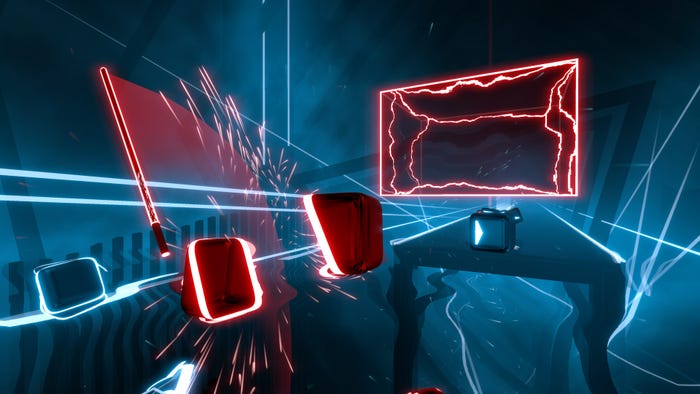GDC Austin: How Fantastic Contraption Became A Fantastic Hit
Talking at the Independent Games Summit at GDC Austin, Fantastic Contraption creator Colin Northway explained how he created his Flash-based physics game with no pro game experience, and "made a boatload of money" along the way.

Talking at the Independent Games Summit at GDC Austin, Fantastic Contraption creator Colin Northway explained how he created his Flash-based physics game with no pro game experience, and "made a boatload of money" along the way. Northway explained how he got to critical and financial success with the website and game. He said that, in today's Flash game community, "there's a culture that everything should be free", and some claim that if you think otherwise, "maybe there's something wrong with you." But he succeeded by implementing a free-to-play model with optional $10 purchase for the construction-oriented physics title, which tasks the player with crossing the playfield after making a solution out of wheels, beams, and other construction objects. The creator explained the "extremely iterative" design for Fantastic Contraption, showing multiple early prototypes for the game, and underlining how important it is to "embrace the not knowing" in your design. Northway urged would-be indie game creators to "just start putting your paper to pencil", and then, using friends, family, and beta testers as early as possible, "put what you have in front of people" to improve it. He discussed the importance of accessibility, pointing out that gamers like experimenting with things, but non-gamers are much more nervous. Northway commented: "They are scared witless about hitting a button and having the world as we know it end." Especially with Flash games, which have "no risk and no time invested [in downloading or setting it up]", developers need incredibly simple, robust, and fun tutorials to hook users, since they can walk away at any time. Northway quipped: "You have no grace from these people... they just want it to work first time and to be as fun as possible." Sharing level solutions is particularly important in Fantastic Contraption, said Northway, as a way to "reward people for what they want to do", and people are very keen on sharing what they've built. With a real URL for their level solution, people will pass around their contraptions and "play their game in their community" via their own forums -- essentially what Northway calls "pride-based marketing". From there, Fantastic Contraption saw massive growth after launch - he did no marketing at all, and yet it virally spread and grew massively. He said: "On the Internet, people have solved the content discovery problem." The title has a great deal of free content, but Northway has been tremendously successful that way. For every unique site visitor, he converts 0.5% to a paid version. $10 gets you the level editor, level sharing, playing shared levels, and "supporting independent development." Interestingly, only 5% of the people who buy the game save a level in the level editor, showing that it's goodwill for the game itself that powers the payment (and the opportunity to play other people's levels) as much as a wish to make one's own levels. With over 3.5 million unique users just in the first three or so months, Fantastic Contraption has been a major financial success for Northway, who quit his job as a website programmer. He ended up selling the rights to the game to California-based inXile Entertainment, which also now owns the Line Rider IP, and now shares in the profits with them while working with them as a designer. As well as an iPhone version, Northway hinted that "A little more to the online Contraption universe" may debut later this year.
About the Author(s)
You May Also Like













